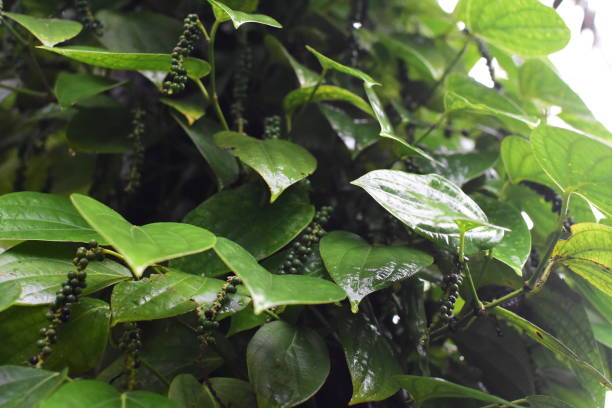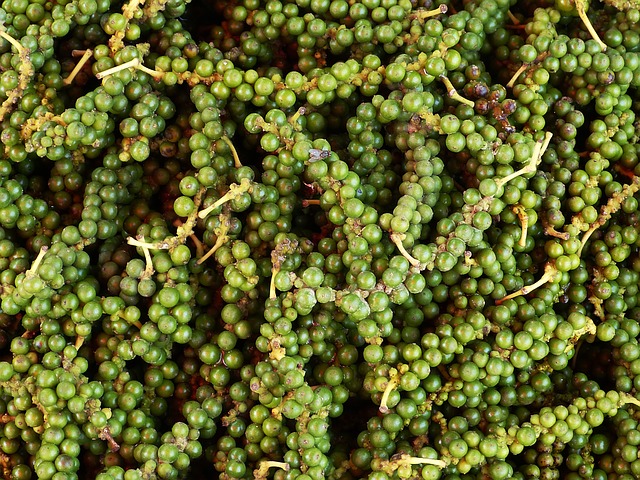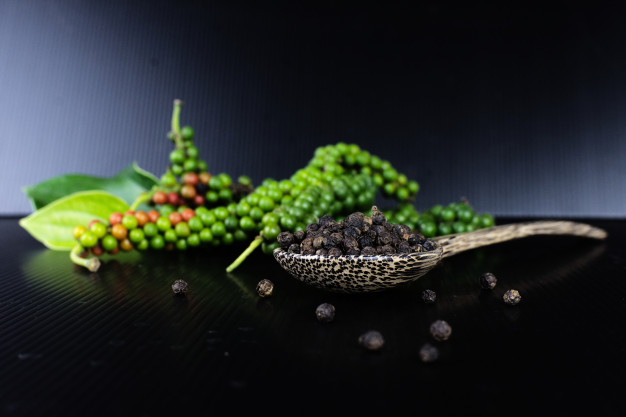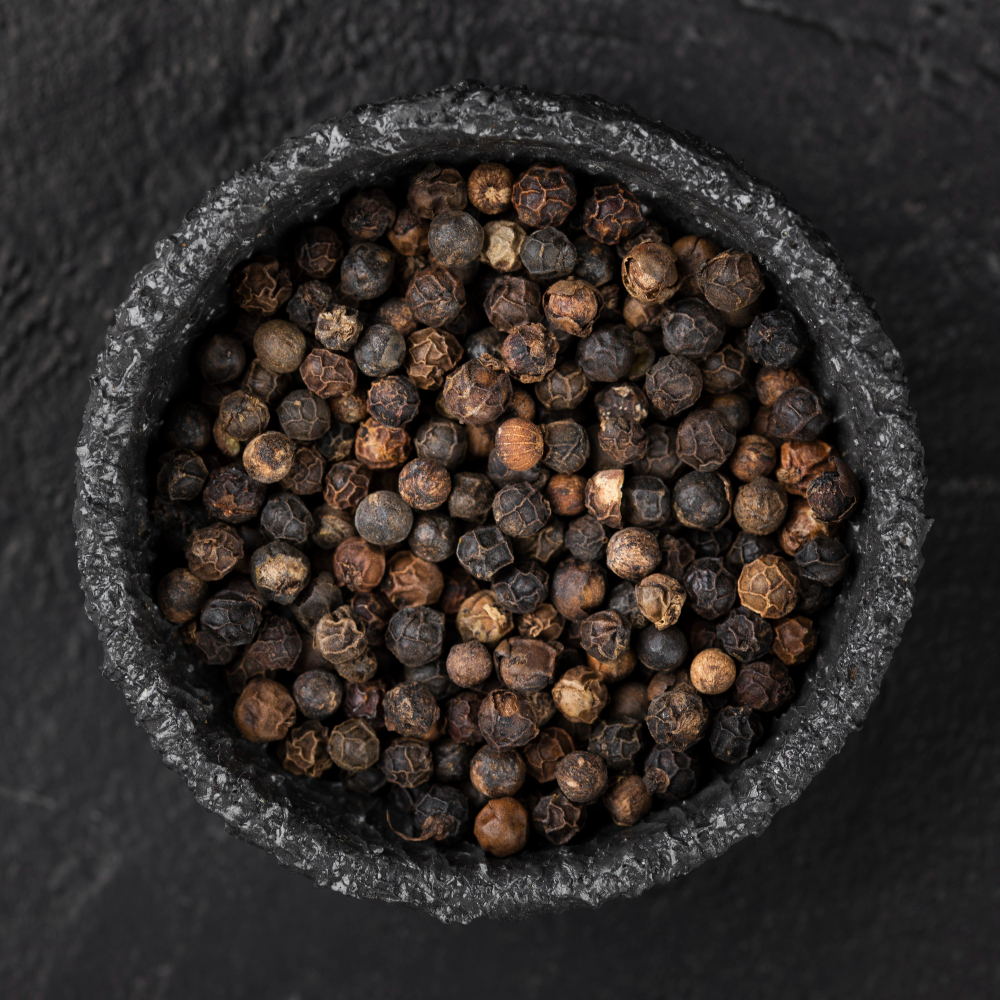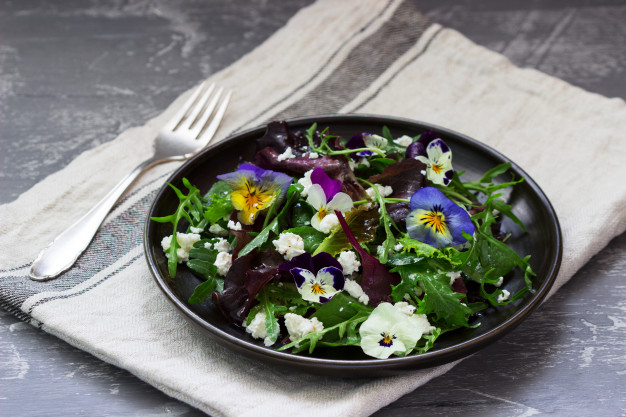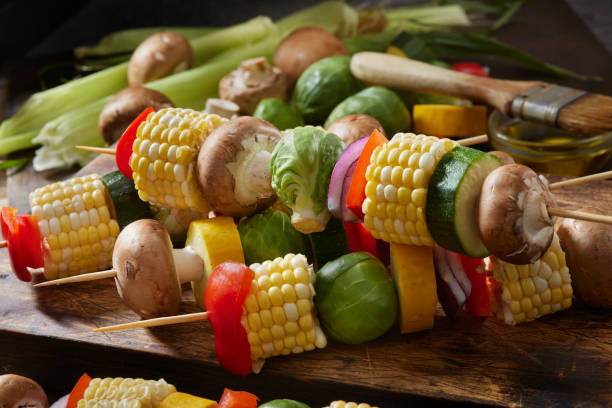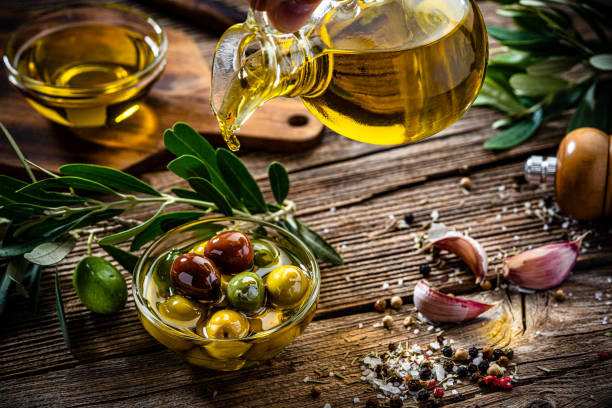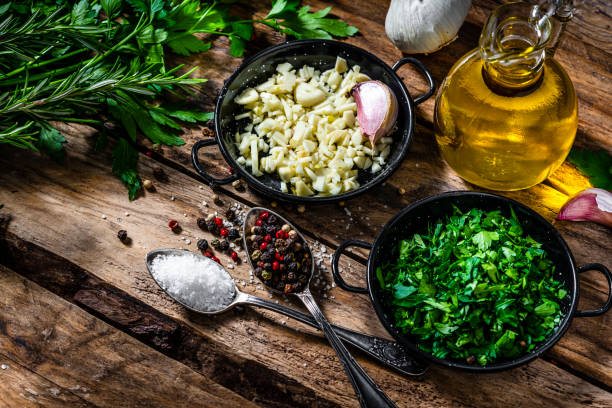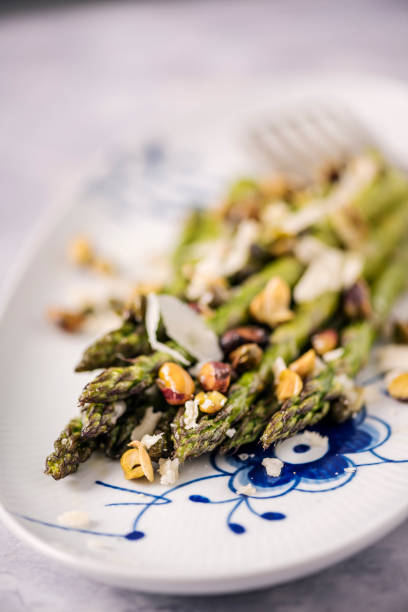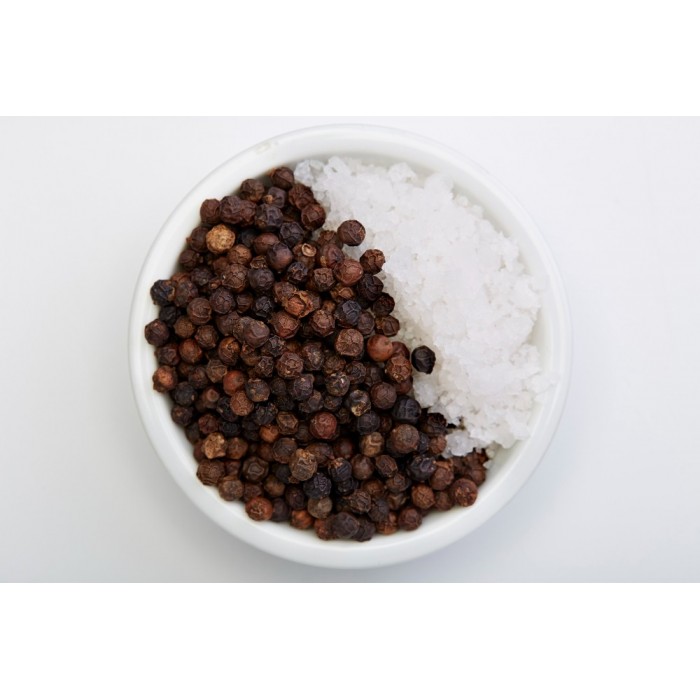

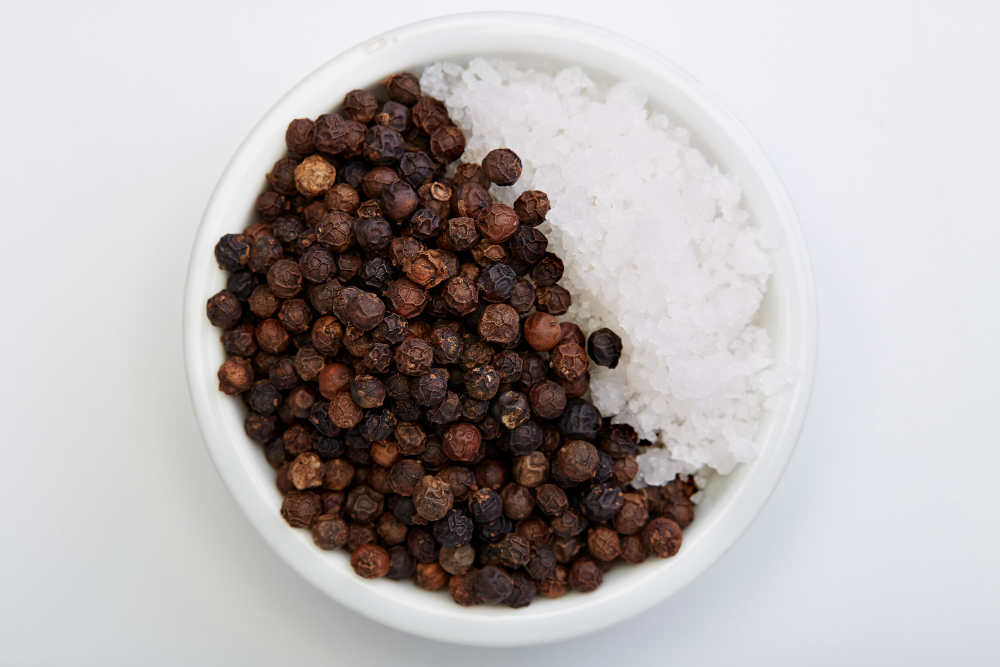
Notre poivre frais bio fairtrade IGP de Kampot au sel est classé parmi les meilleurs poivres du monde.
Il bénéficie du prestigieux label IGP, indication géographique protégée, un label français qui garantit à l'international, la zone géographique de leur production ainsi que le savoir-faire utilisé à leur élaboration.
Il est élaboré avec des grains de poivres verts, jeunes et frais.
Il lui donne un parfum subtil et élégant, avec une longue tenue en bouche.
Il est produit par une coopérative établie à Kampot.
Seules les grappes de poivre à maturité avec des grains d’une belle couleur vert foncé, sont cueillies à la main une à une.
La récolte de la journée est traitée le jour même.
Les grappes sont égrainées puis les grains sont sélectionnés, lavés, échaudés et sont fermentées avec du sel.
Les grains sont ensuite sélectionnés à la main par leur densité et leur taille qui doit, selon les règles de l’IGP, être supérieure à 4 mm.
C’est un poivre de caractère qui sublimera vos plats, vos boissons et vos desserts.
En général, il n'est pas à moudre mais à croquer.
C'est un produit issu de l'agriculture biologique, certifié par Ecocert.
 Une fois le paquet ouvert, nous vous conseillons de conserver le produit dans un endroit frais et sec, à l’abri de la lumière et de l’humidité, afin qu’il conserve toute ses qualités nutritives et gustatives.
Une fois le paquet ouvert, nous vous conseillons de conserver le produit dans un endroit frais et sec, à l’abri de la lumière et de l’humidité, afin qu’il conserve toute ses qualités nutritives et gustatives.
 Ce produit ne contient aucun allergène cependant il peut en contenir des traces (œufs, etc).
Ce produit ne contient aucun allergène cependant il peut en contenir des traces (œufs, etc).
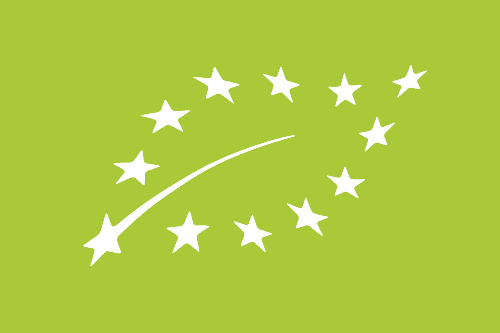
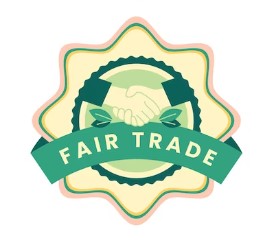
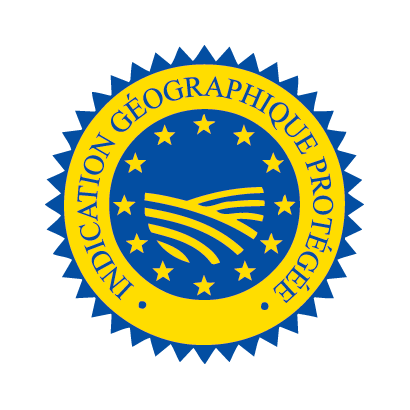



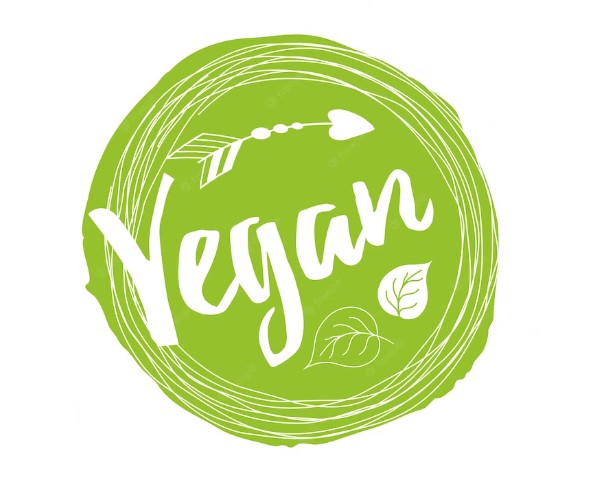


Notre poivre frais bio fairtrade IGP de Kampot au sel est classé parmi les meilleurs poivres du monde.
Il bénéficie du prestigieux label IGP, indication géographique protégée, un label français qui garantit à l'international, la zone géographique de leur production ainsi que le savoir-faire utilisé à leur élaboration.
Il est élaboré avec des grains de poivres verts, jeunes et frais.
Il lui donne un parfum subtil et élégant, avec une longue tenue en bouche.
Il est produit par une coopérative établie à Kampot.
Seules les grappes de poivre à maturité avec des grains d’une belle couleur vert foncé, sont cueillies à la main une à une.
La récolte de la journée est traitée le jour même.
Les grappes sont égrainées puis les grains sont sélectionnés, lavés, échaudés et sont fermentées avec du sel.
Les grains sont ensuite sélectionnés à la main par leur densité et leur taille qui doit, selon les règles de l’IGP, être supérieure à 4 mm.
C’est un poivre de caractère qui sublimera vos plats, vos boissons et vos desserts.
En général, il n'est pas à moudre mais à croquer.
C'est un produit issu de l'agriculture biologique, certifié par Ecocert.
 Une fois le paquet ouvert, nous vous conseillons de conserver le produit dans un endroit frais et sec, à l’abri de la lumière et de l’humidité, afin qu’il conserve toute ses qualités nutritives et gustatives.
Une fois le paquet ouvert, nous vous conseillons de conserver le produit dans un endroit frais et sec, à l’abri de la lumière et de l’humidité, afin qu’il conserve toute ses qualités nutritives et gustatives.
 Ce produit ne contient aucun allergène cependant il peut en contenir des traces (œufs, etc).
Ce produit ne contient aucun allergène cependant il peut en contenir des traces (œufs, etc).








Le poivre de Kampot (en khmer, ម្រេច mréch) est une variété de poivre cultivée dans les provinces de Kampot et de Kep au Cambodge. Comme les autres variétés de poivre, il s'agit de la baie d'une liane tropicale, le Piper nigrum.
C'est le premier produit agricole cambodgien à avoir bénéficié d'une IGP (indication géographie protégée), qui lui a été délivrée le 2 avril 2010.
Cette indication géographique lui permet de bénéficier d’un label protégé dans les pays reconnaissant cette indication, l’Union européenne notamment.
Cette décision et les efforts locaux devraient permettre une renaissance de sa culture.

